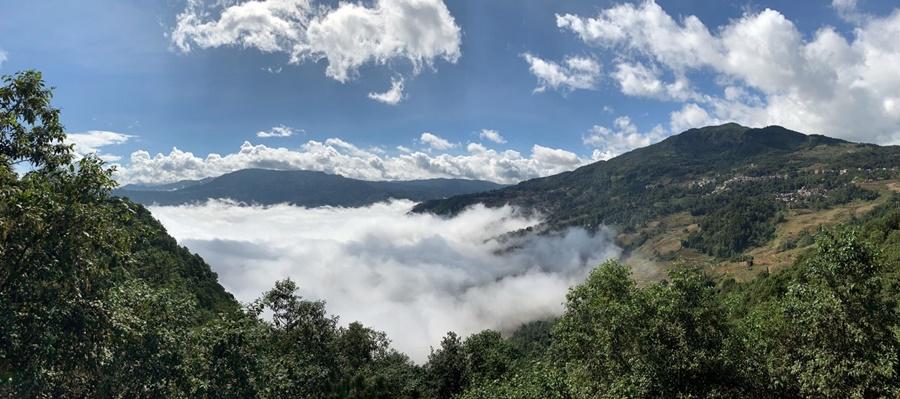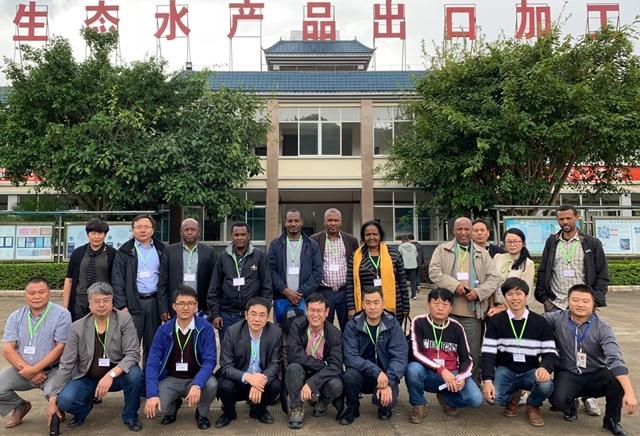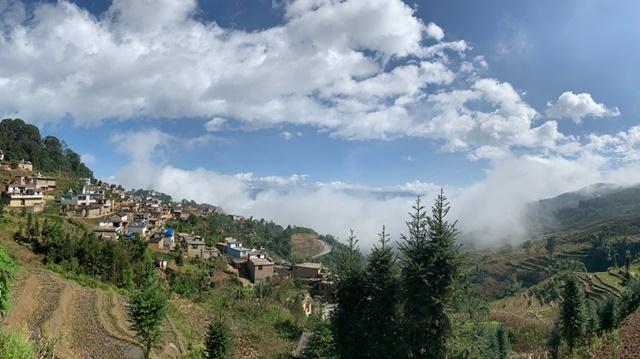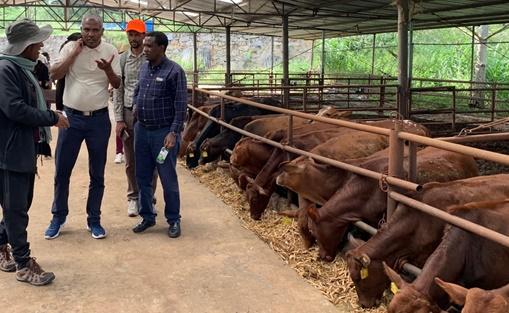In the Mountains of China and Ethiopia Lies a Joint Future
Mekelle University, Kunming Institute of Botany and the World Agroforestry Centre are sharing knowledge and opportunities for sustainable mountain development.
On 12 October 2018, a delegation of scholars and academic leaders from Ethiopia’s Mekelle University arrived at the Kunming Institute of Botany, Chinese Academy of Sciences, Yunnan Province, China.
Their visit was part of a broader effort on behalf of the Institute and the World Agroforestry Centre (ICRAF) to expand their Mountain Futures Initiative to other montane communities and research centres.
“Mountain Futures is a vision of prosperous, sustainable mountainscapes,” said Xu Jianchu, director of ICRAF’s East and Central Asia Program. “Through our collaboration with scientists across the globe, we will create innovative solutions that secure a sustainable future for mountains and their people.”
Ethiopia’s climate, topography and economy make it a natural site for such collaboration. Ethiopia boasts the largest alpine ecosystem in Africa, making up 70% of the mountains on the continent, and is the second-most populous nation, with over 105 million.
Within Ethiopia, Mekelle University is uniquely equipped to collaborate. Founded in 2000, Mekelle has rapidly progressed to include eight campuses and is already ranked among the top 40universities in Africa. With over 31,000 students and 263 degree programs, including doctoral programs in Forestry, Soil Science, and Climate Change and Rural Development, there are numerous opportunities for scholarly exchange.
The goals of Mekelle’s Institute of Mountain Research and Development (IMRaD) are highly resonant with Kunming and ICRAF’s Mountain Futures Initiative. IMRaD seeks to support research addressing the most pressing challenges facing mountain ecosystems and communities.
It is also IMRaD’s mission to become the leading mountain research, development and innovation institute in East Africa, developing value chains for mountain resources, products and services that will alleviate poverty and create sustainable economic models for other mountainous regions in Africa.It is precisely in this regard that a partnership with the Kunming Institute of Botany will prove fruitful.
In Honghe County, the Government of China granted the use of 200 hectares to build an agricultural research “village” to train people from industry, educational institutions, and villages in best practices for environmental and financial sustainability. The Mountain Futures Initiative seeks to facilitate intercultural knowledge exchange and dialogue; improve food securityby applying socially and environmentally appropriate, cost-effective management practices; and enable “smart” farming through the synthesis of new technologies and traditional practices. The research and training site in Honghe will thus facilitate the development of a shared global vision for mountain communities.
The Ethiopian delegation spent the weekend touring the Honghe landscape, visiting companies with which Mountain Futures is collaborating to link farmers with global value chains. Through these firsthand encounters, the scholars were able to observe value-chain development, improved water-harvesting systems, bench terracing, high-value crops, hazard management, and agroforestry.
The Honghe Mountain Futures site is beginning to fulfil its promise as a nexus of knowledge and technology transfer. In the future, the Kunming Institute of Botany and ICRAF hope to support pilot projects in Ethiopia for dry-land agroforestry; bring Mountain Future technologies to Ethiopia; host postdoctoral fellows from Mekelle; and send guest lecturers and scientists to facilitate pilot projects.
About World Agroforestry Centre (ICRAF)
The World Agroforestry Centre (ICRAF) is a centre of scientific excellence that harnesses the benefits of trees for people and the environment. Knowledge produced by ICRAF enables governments, development agencies and farmers to utilize the power of trees to make farming and livelihoods more environmentally, socially and economically sustainable at multiple scales. ICRAF is one of the 15 members of the CGIAR, a global research partnership for a food-secure future. We thank all donors who support research in development through their contributions to the CGIAR Fund.





